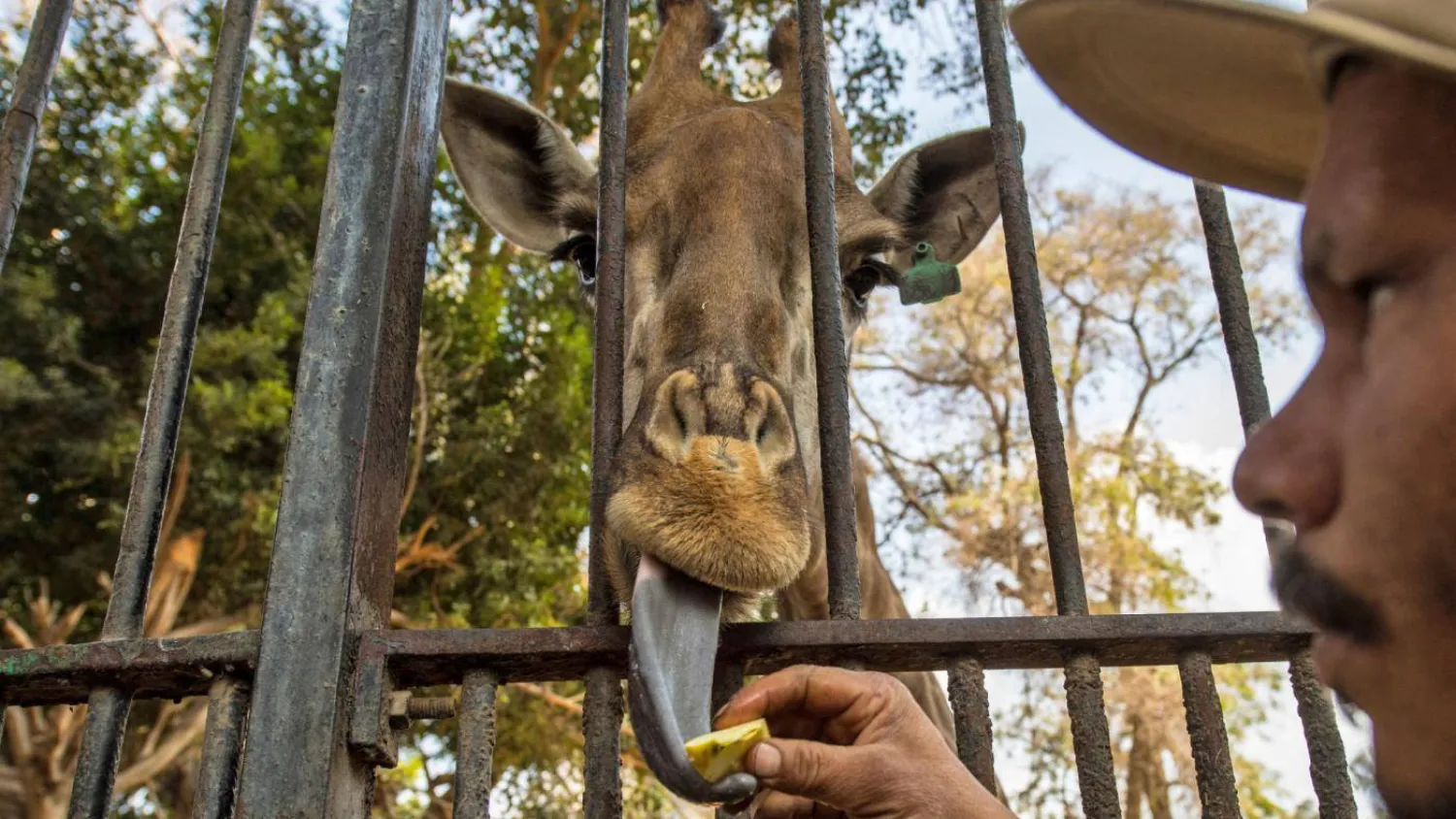The Egyptian government has pledged to protect the “rare plants” in the Giza Zoo. In an official press release on Saturday, the Egyptian Council of Ministers addressed the news circulating on some websites and social media pages about “the uprooting of rare trees in the Giza Zoo as part of its development project.”
The Giza Zoo was built by Khedive Ismail, who used the royal land, first to host Egypt’s guests for the opening of the Suez Canal in 1869, and then, to establish the first zoo in the country and the second in the world following the London Zoo (established in 1828). The Giza Zoo was officially opened by Khedive Tewfik, who continued the project and inaugurated it in 1891.
Stretching over 80 acres, the zoo includes some “rare” trees and plants exported from different regions around the world, as well as animals, historic establishments and museums including the animal museum, which displays a collection of embalmed birds hunted and gifted by King Farouk.
The council of ministers said in a statement on Saturday, “the reports on uprooting ‘rare’ trees are groundless, and all the rare trees and plants in the zoo will remain intact.”
Egyptian President Abdel Fattah El-Sisi called for “a development project that meets the international standards in the Giza Zoo”. During a demonstration of the project with government officials in January, Sisi stressed “the importance of adopting international environmental standards in the zoo, and turning it into an attractive destination that accommodates visitors from all Egyptian governorates.”
“The Giza Zoo is witnessing an inclusive development plan that aims at improving all its services, preserving rare plants and trees, recalling its historic aspect, and transforming it into a high-standard, barrier-free, open zoo while maintaining the highest international security measures to ensure the safety of the visitors. The plan, which also consists of linking the zoo to the Orman Garden with the help of global experts, has been set by one of the best specialized consultants in the world,” said the Egyptian Ministry of Agriculture and Land Reclamation in a statement.
The Giza Zoo has been a touristic entertainment center for years. Under the rule of King Farouk, it served as royal rest house that received visitors and high-profile guests, including the late Saudi King Abdulaziz Al Saud, whose picture are displayed there.
The zoo includes the animal museum, which displays a collection of embalmed birds gifted by King Farouk, as well as a collection of “rare” animals that were embalmed after their deaths, the last of which was a rhinoceros that died in 2020. The zoo also embraces about 38,000 trees, including ‘rare’ species.









